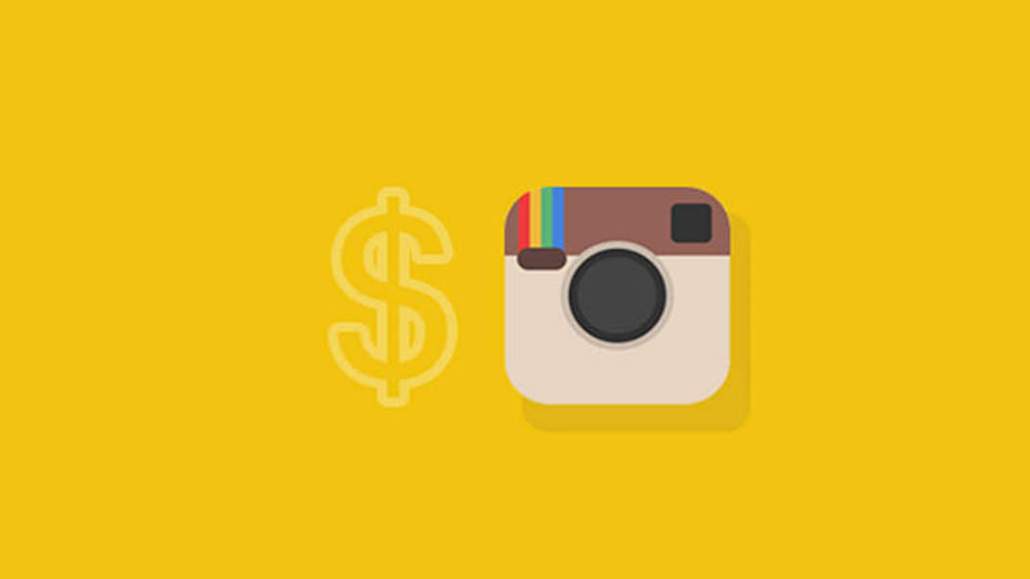Secure your place at the Digiday Media Buying Summit in Nashville, March 2-4
‘Better ROI than influencers’: Meme accounts attract growing interest on Instagram

Meme accounts have been flooding Instagram feeds, each offering their own brand of witty, relatable posts. And with the bloom fading for influencers, meme accounts offer attractive partnerships for brands and publishers.
Social media agency Cult LDN is running a campaign with several meme accounts for its client, streaming service Hayu, around the new season of “Keeping Up with Kardashians.” The brand has advertised on two meme accounts on Instagram: Kardashian-focused Bound2West and ScouseBarbieX, with 500,000 and 160,000 followers, respectively.
“Meme accounts get such a good return on investment compared to influencers, who no longer get the same results,” said Lauren Smeets, talent strategist at Cult LDN. “It’s hard for a brand to create the kind of wit that comes naturally to the content creators behind these meme accounts. They are relatable, so they get amazing engagement.”
The economics can be favorable for advertisers. Meme accounts with small follower counts often have high engagement rates. And they don’t know their value yet, so they’re cheaper, at least for now. “For 1 million followers, you could be paying $15,000 to a human influencer, and for 1 million followers on a meme account you’d be paying about $1,000,” said Tim Armoo, CEO of influencer platform Fanbytes.

Meme accounts are good for driving brand awareness because their engagement is often more stable as follower counts grow than that of influencers, said Muhsen Syed, CEO of influencer benchmarking firm CampaignDeus. However, this depends on the vertical. Engagement rate, calculated as likes plus comments divided by the number of followers, is 3.5 percent for meme accounts in fashion, which is equal to mainstream influencers in the same vertical, according to the firm. Overall, brand-sponsored meme posts have an engagement rate of 1.7 percent, significantly lower than influencers with 3.2 percent.
Meme accounts represent 5-10 percent of the influencers the firm tracks, which only looks at the U.K. Tracking growth for meme accounts is tricky because many are private and grow followings by cross posting with other accounts, said Syed. Some like FuckJerry and The Fat Jew have grown into full-fledged media companies and agencies. But it’s the smaller, targeted accounts like Uni Bubble, Beige Cardigans, Boys Who Can Cook and So Very British that are getting a new look.
“They are moving into a new form of native advertising,” said Zanna Wharfe, senior strategist at social agency We Are Social, which is actively considering using meme accounts with brands. “This is a specific type of content you’re producing with them with a specific look and feel and humor, rather than using the influence of the individual. It’s a new distribution platform.”
There are pros and cons for advertisers. Many of the accounts aren’t tied to a specific person, which can give them flexibility in working with brands. Franchises and merchandise also make viable revenue lines. But accounts with an irreverent tone can turn off risk-averse clients.
As influencer marketing has come under the spotlight for murky frameworks and buying followers, so will meme accounts, which, as they are new, have scant experience working with brands, making them less demanding than influencers, said Smeets. And as these smaller meme accounts grow up, they risk commoditization.
“Everything starts from somewhere that makes them authentic,” said Smeets. “As they grow, it becomes harder to relate, more saturated and less organic.”
More in Media

Digiday+ Research: Dow Jones, Business Insider and other publishers on AI-driven search
This report explores how publishers are navigating search as AI reshapes how people access information and how publishers monetize content.

In Graphic Detail: AI licensing deals, protection measures aren’t slowing web scraping
AI bots are increasingly mining publisher content, with new data showing publishers are losing the traffic battle even as demand grows.

In Graphic Detail: The scale of the challenge facing publishers, politicians eager to damage Google’s adland dominance
Last year was a blowout ad revenue year for Google, despite challenges from several quarters.







